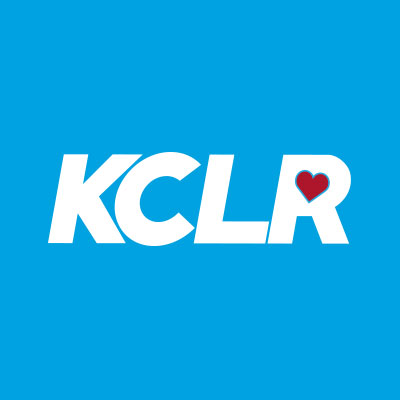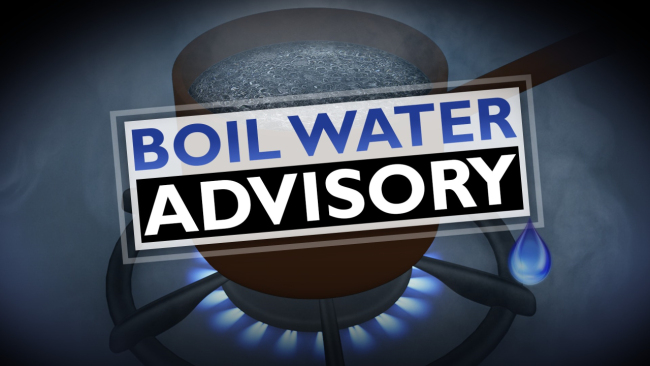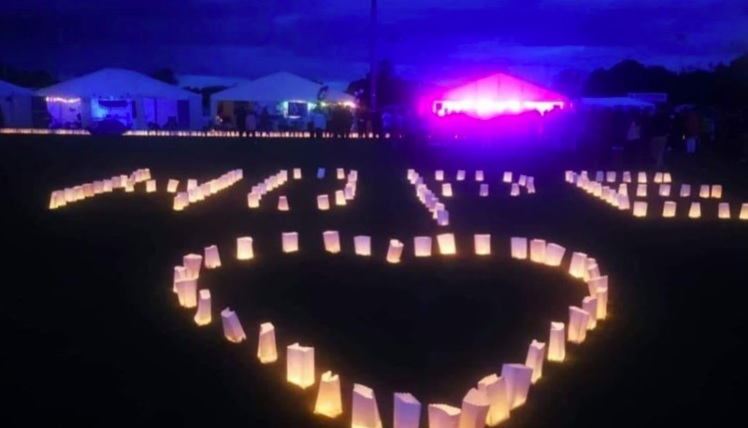14-thousand residents served by two Carlow water supplies have been put on a boil-water notice due to pollution in the River Slaney.
It’s affecting the areas supplied by the Carlow North Regional (Rathvilly) and Tullow Public Water Supply.
This means locals in the Palatine, Killerig/Grange, Rathvilly, Tullow, Ardattin, Ballon, Rathoe, Bennekerry, and Tankardstown should not drink the water unless it’s been boiled first.
This includes drinks made with water, making ice, preparation of salads and similar foods, which are not cooked before you eat them; as well as brushing your teeth.
14,259 people are affected including in neighbouring parts of Kildare and Wicklow.
Jim Fitzgerald, Regional Asset Operations Manager for Irish Water said, “We understand the disruption a Boil Water Notice can cause to communities; however, the protection of public health is our number one priority at all times. We are working closely with our colleagues in Carlow County Council and the HSE to address this issue and lift the notice as quickly as it is safe to do so and safeguard the supply for the future.”
Vulnerable customers who have concerns can contact our customer care team on 1800 278 278. Updates will be available on our Water Supply Updates section on water.ie, on Twitter @IWCare. Further information in relation to the boil water notice is available from https://www.water.ie/water-supply/water-quality/boil-water-notice/
Irish Water continues to work currently with our Local Authority partners, contractors and others to safeguard the health and well-being of both staff and the public and to ensure the continuity of critical drinking water and wastewater services. Irish Water would like to remind people to follow the HSE COVID-19 advice and ensure frequent handwashing.
Water must be boiled for:
- Drinking;
- Drinks made with water;
- Preparation of salads and similar foods, which are not cooked prior to eating;
- Brushing of teeth;
- Making of ice – discard ice cubes in fridges and freezers and filtered water in fridges. Make ice from cooled boiled water.
What actions should be taken:
- Use water prepared for drinking when preparing foods that will not be cooked (e.g. washing salads);
- Water can be used for personal hygiene, bathing and flushing of toilets but not for brushing teeth or gargling;
- Boil water by bringing to a vigorous, rolling boil (e.g. with an automatic kettle) and allow to cool. Cover and store in a refrigerator or cold place. Water from the hot tap is not safe to drink. Domestic water filters will not render water safe to drink;
- Caution should be taken when bathing children to ensure that they do not swallow the bathing water;
- Prepare infant feeds with water that has been brought to the boil once and cooled. Do not use water that has been re-boiled several times. If bottled water is used for the preparation of infant feeds it should be boiled once and cooled. If you are using bottled water for preparing baby food, be aware that some natural mineral water may have high sodium content. The legal limit for sodium in drinking water is 200mg per litre. Check the label on the bottled water to make sure the sodium or `Na’ is not greater than 200mg per litre. If it is, then it is advisable to use a different type of bottled water. If no other water is available, then use this water for as short a time as possible. It is important to keep babies hydrated.
Great care should be taken with boiled water to avoid burns and scalds as accidents can easily happen, especially with children.








